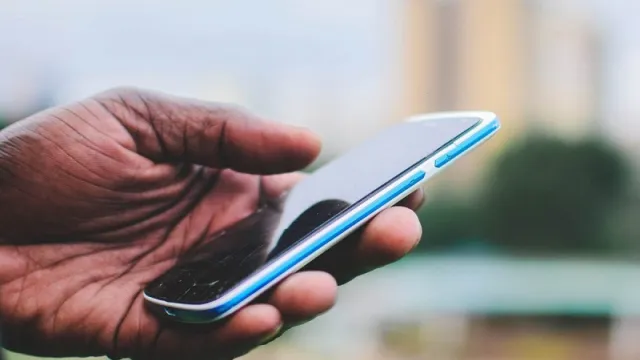Tax inflation: who ate your salary?

Tax inflation: who ate your salary?
Your fingers touch your mobile phone 2,617 times per day and it is costing you more than anything else.
It is about to cost you even more as the government sends the Kenya Revenue Authority to take away Kes 20 out of every Kes 100 you spend on airtime and data.
President Uhuru Kenyatta has just signed into law the new Finance Act that among others implements the increase excise duty increase on telephone and internet data services from 15 per cent to 20 per cent.
Other new tax measures coming into play are the 16 per cent VAT on LPG that is set to push prices for the 13-kilogramme cooking gas by more than Sh350 and excise duty on loans.
But it will be LPG and call and data tax that are most likely to push up inflation and eat into the power of your salary to meet your monthly expenses.
The government is short on revenues and has been scouring all options to increase collections to meet exchequer targets.
However, the government may end up shooting itself in the foot if pursuit for extra taxes leads to higher inflation which in turn will erode incomes and cause a clamour for higher salaries.
Kenyans have become reliant on their phones as their social platforms for interactions, their banks, their social security safety net, their business and where they innovate their digital future.
Increased use of mobile phone consumes the highest portion of Kenyan incomes toping the country’s monthly shopping basket.
According to the latest Kenya National Bureau of Statistics inflation database, mobile phone airtime has replaced rent as the primary component of the country’s shopping basket.
“Mobile phone airtime has the highest expenditure in the new CPI with an overall weight of 5,496 per cent having changed from 3.086 per cent,” KNBS noted.
Airtel has already sent out text message notifying customers that the hike in taxes will translate to an additional Kes 2.78 per minute.
In 2018 the government hiked the excise tax from 10 per cent to 15 per cent which saw an increase in charges after Safaricom raised the cost of calls by 30 cents, and SMS by 10 cents while Zuku increased the costs of subscribers who use the 10mbps package to Kes 3,999 up from Kes 3,500.
Read also: Lipa na M-PESA is now the currency of small businesses
Telco companies say the extra charge borne by the consumer may negatively impact user’s consumption and stifle innovation at a time when self-employed youth have turned to the internet for their incomes.
A study by the GSM Association (GSMA) says Kenya’s mobile industry and consumers, despite being billed as a front runner in Africa, is one the region’s most heavily taxed inhibiting its potential to grow further and support other economic sectors.
It says that while mobile market revenue accounts for three per cent of Kenya’s GDP, the sector’s tax and fee payments accounts for around 6.5 per cent of government total tax revenue.
This has bred fears that the tax increases will ultimately lead to a decline in consumption and may stifle innovation and employment especially for the self-employed youths who rely on the internet for their income.



